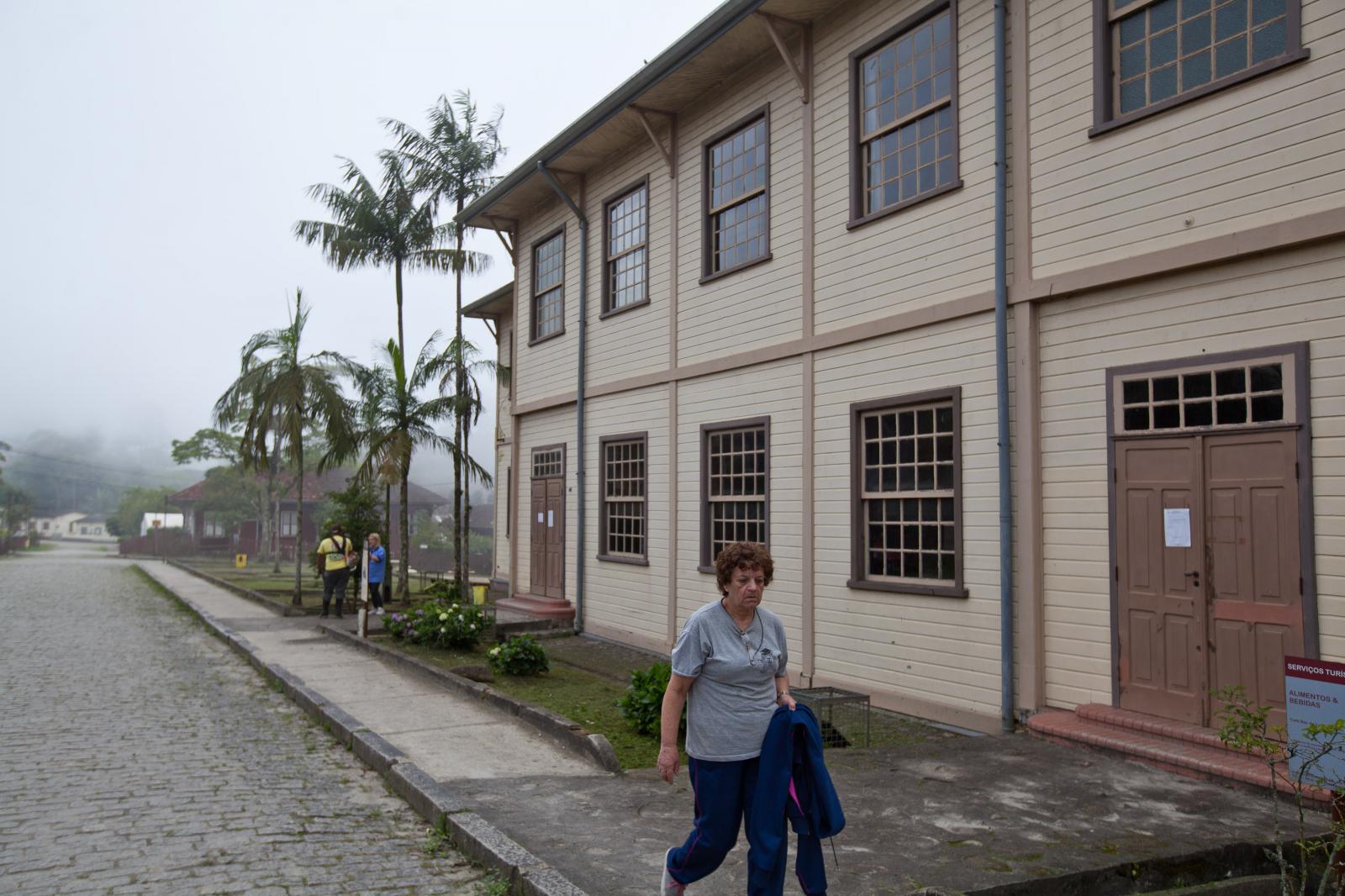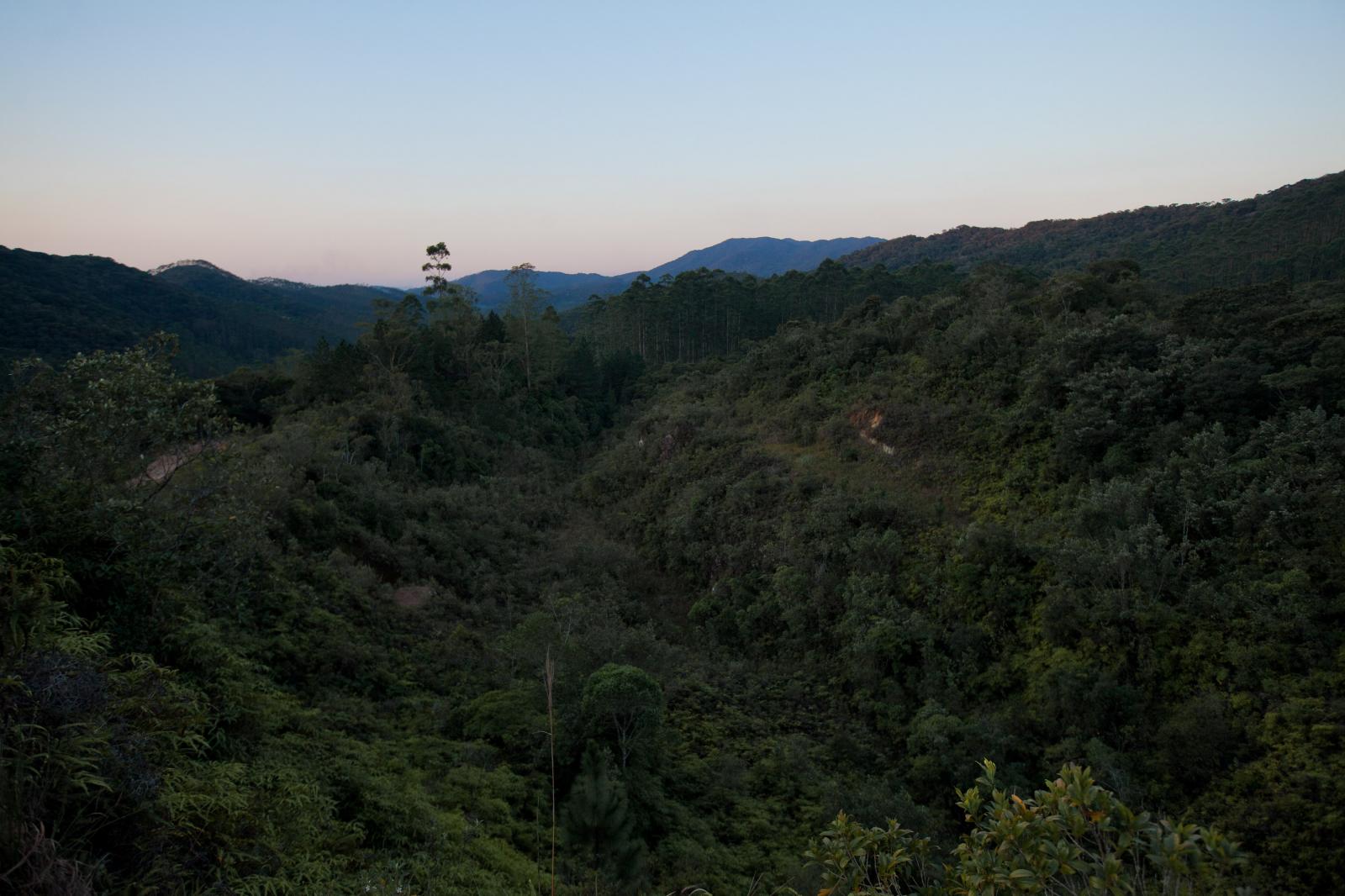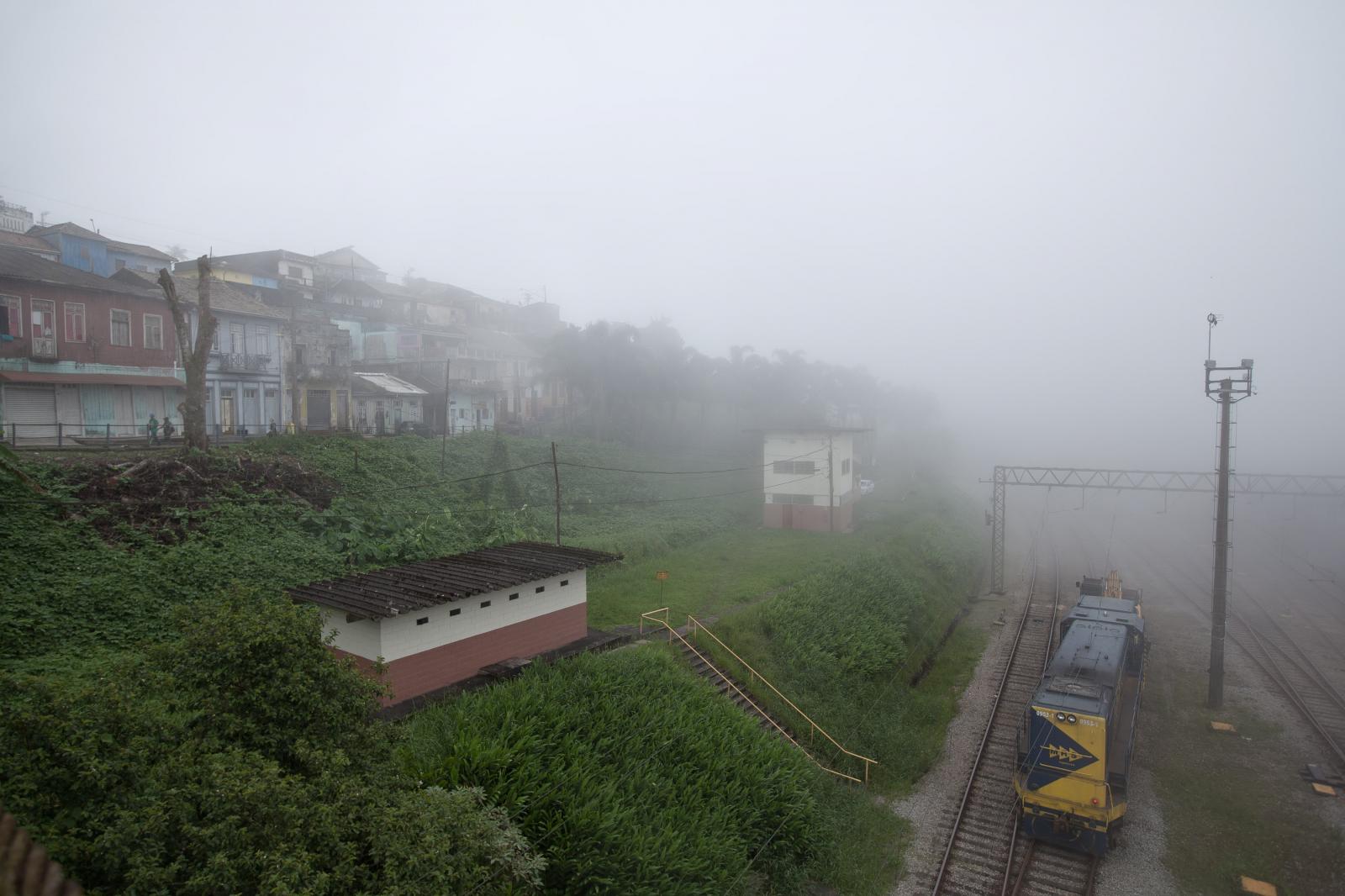Public Project
A Vila
Paranapiacaba é uma vila histórica pertencente ao município de Santo André na Região Metropolitana de São Paulo, e situada em privilegiada posição próxima à encosta da Serra do Mar e em meio a densa vegetação de Mata Atlântica. Seu nome deriva do tupi que quer dizer "lugar de onde se avista o mar". Foi inaugurada em 1867 como vila operária da Sao Paulo Railway, concessão inglesa para a implantação da linha férrea que transportaria a produção agrícola (posteriormente o café) do interior do Estado para o porto de Santos, vencendo um desnível de 700 metros.
A vila atualmente preservada pelo patrimônio histórico, recebe visitantes que desejam conhecer sua história, é palco de diversos eventos culturais e também ponto de saída para os aventureiros que desejam explorar a região através de trilhas em meio a mata bem preservada. A região, que recebe alto índices de chuva durante o ano todo é rica em espécies vegetais e animais, conta com parques e unidades de preservação ambiental, possui dezenas de nascentes que vão alimentar os rios que abastecem a represa Billings, uma das represas que abastecem a cidade de São Paulo.
Seus quase 1000 moradores foram surpreendidos com a notícia de que uma gigantesca área nas proximidades da vila será usada como 'porto seco', um enorme pátio de estacionamento de containers que ameaça não só a integridade ecológica da região como também põe em risco moradores e visitantes, além de impactar negativamente no potencial ecoturístico local. Alguns ativistas já se mobilizam para tentar impedir que o projeto avance.
Paranapiacaba is a historical village belonging to the municipality of Santo André in the Metropolitan Region of São Paulo, and situated in a privileged position near the slope of Serra do Mar (Sea Sierra) and amid dense Atlantic Forest vegetation. Its name derives from the Tupi which means "place from where you can see the sea". It was inaugurated in 1867 as a working village of Sao Paulo Railway, an English concession for the implementation of the railway line that would transport agricultural production (later coffee, first responsible for the development of the capital) from the interior of the state to the port of Santos, overcoming a 700-meter gap.
The village, currently preserved by historical heritage, welcomes visitors who want to know its history, is also scenery of many cultural events and an exit point for adventurers who wish to explore the region through trails through well-preserved woods. The region, which receives high levels of rainfall throughout the year, is rich in plant and animal species, has parks and environmental preservation units, has dozens of springs that will feed the rivers that supply Billings Dam, one of the dams that supply the city of Sao Paulo.
Its nearly 1,000 residents were surprised to hear that a gigantic area near the village will be used as a 'dry port', a huge container parking lot that threatens not only the ecological integrity of the region but also endangers residents and visitors and negatively impact on local ecotourism potential. Some activists are already mobilizing to try to prevent the project from proceeding.
The village, currently preserved by historical heritage, welcomes visitors who want to know its history, is also scenery of many cultural events and an exit point for adventurers who wish to explore the region through trails through well-preserved woods. The region, which receives high levels of rainfall throughout the year, is rich in plant and animal species, has parks and environmental preservation units, has dozens of springs that will feed the rivers that supply Billings Dam, one of the dams that supply the city of Sao Paulo.
Its nearly 1,000 residents were surprised to hear that a gigantic area near the village will be used as a 'dry port', a huge container parking lot that threatens not only the ecological integrity of the region but also endangers residents and visitors and negatively impact on local ecotourism potential. Some activists are already mobilizing to try to prevent the project from proceeding.
7,200


























